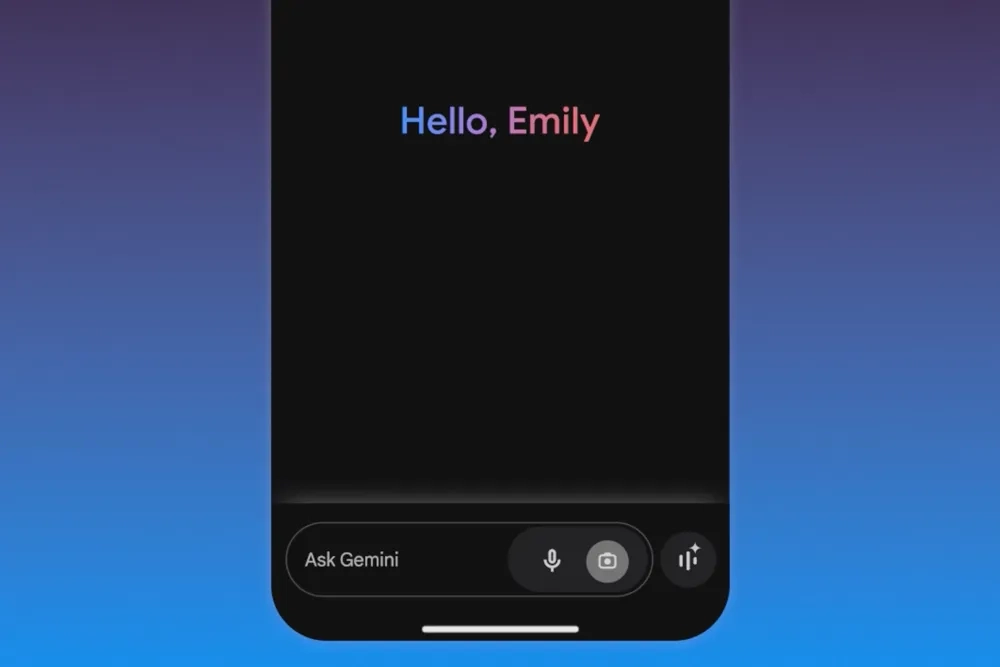Google Search has been the undisputed leader in the search engine market for years
For years, Google Search has been the go-to tool for internet users worldwide. By 2024, it’s practically instinctive to “Google” any question or query. However, the search landscape is rapidly evolving, driven by advances in artificial intelligence and shifts in user behaviour. Is Google Search is under threat? what is the future for search technology?
Key Points
- Google Search still dominates with over 90% market share.
- User expectations now favor intent-based, direct answers.
- Mobile and voice search are reshaping search behavior.
- Emerging competitors include Microsoft Bing and Apple’s potential search engine.
- Gen Z increasingly uses TikTok for search over traditional engines.
The changing nature of Google Search
Traditionally, search involved typing keywords into a search bar and scrolling through a list of links, viewed as the “10 blue links,” which refer to the ten organic search results that appear on a search engine results page (SERP) in response to a search query.
But user expectations have changed dramatically. People now want search engines to understand their intent and provide direct answers. This evolution is largely fueled by the rise of mobile search, voice assistants, and recently AI-powered tools.
Mobile search and voice assistants
The dominance of mobile devices has revolutionized search behavior. According to Statista, over 60% of US searches were conducted on mobile devices in 2023 (Statista). This shift has emphasized local and voice search. Voice assistants like Google Assistant, Siri, and Alexa are now integral parts of daily life, making search more conversational and context-aware.
For example, instead of typing “best pizza place near me,” users might ask their voice assistant, “Where can I get the best pizza nearby?” This conversational style requires search engines to better understand natural language processing (NLP) and context.
Watch the above video from CNBC, which discusses the future of Google Search. An interesting point is Google’s balancing act between revenue and product.
Emerging competitors and technologies
Despite Google’s innovations, competition from other tech giants and emerging technologies is intensifying.
Microsoft Bing and AI Integration
Microsoft Bing, often overshadowed by Google, has been advancing its AI and machine learning capabilities. With LinkedIn’s acquisition and partnerships with companies like OpenAI, Microsoft positions Bing as a formidable competitor. Integrating AI tools like GPT (Generative Pre-trained Transformer) into Bing can enhance its ability to deliver personalized and contextually relevant search results
Apple and Privacy-Centric Search
Rumours suggest Apple is developing its search engine, focusing heavily on user privacy – a growing concern among internet users. With its robust ecosystem and privacy emphasis, an Apple search engine could attract users who are increasingly wary of data tracking and personalized ads.
Recent News: OpenAI and Apple announced a partnership to integrate ChatGPT into Apple experiences; read more.
The Influence of TikTok and Future Generations
A significant shift in search behavior is emerging from younger generations, particularly Gen Z, who are turning to social media platforms like TikTok for information and recommendations.
Is TikTok replacing Google Search?
Initially a platform for short-form videos, TikTok has evolved into a powerful search tool for Gen Z. Rather than relying on traditional search engines, many young users search for product reviews, travel tips, and how-to guides directly on TikTok. The platform’s algorithm quickly surfaces popular and relevant content, providing a visually engaging and community-driven way to find information.

For example, searching for “best skincare products” on TikTok yields numerous videos from influencers and users showcasing and reviewing products. This dynamic and interactive search type appeals to the visual and social preferences of younger audiences.
While Google remains a dominant force, the search landscape is evolving rapidly
AI integration, the rise of mobile and voice search, emerging competitors, and the growing demand for privacy are reshaping how we search. Google’s continuous innovation in AI and machine learning will likely keep it at the forefront, but it must adapt to these changing dynamics to maintain its leadership.
The future of search is exciting, with possibilities for more personalized, intuitive, and privacy-centric experiences. As technology advances and user expectations evolve, the way we search for information will continue to transform, offering new opportunities and challenges for search engines and users alike.
Cooking with AI and AR, an everyday search:
In the next five years, advancements in AI and augmented reality (AR) will revolutionise how we search for everyday information, making it more interactive and seamless.
Picture this:
John wants to learn how to cook a new dish – let’s say paella. Instead of typing into a search bar, he asks his smart kitchen assistant, “How do I cook paella?” Immediately, his AR-enabled smart glasses or kitchen display project step-by-step instructions onto his kitchen counter.
As John follows the recipe, he sees virtual markers indicating where to place ingredients and the precise quantities to use. The assistant offers real-time tips, such as adjusting the heat or the best stirring techniques, and visually highlights each step. If John needs additional information, he can ask follow-up questions and receive instant answers or watch short, focused video clips of each cooking step.
This immersive, hands-free approach not only makes cooking more intuitive but also helps John learn new skills without diverting his attention from the task at hand.
This example shows how future search technology will enhance daily activities by providing real-time, context-aware assistance.









